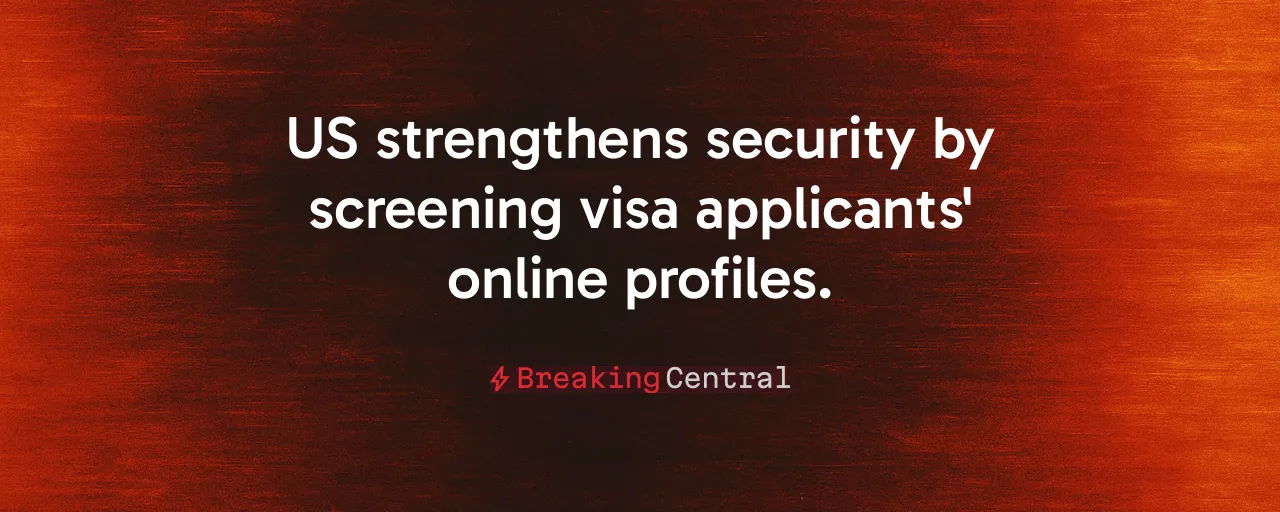A Bold Step for National Security
The State Department's recent decision to require student and exchange visa applicants to set their social media profiles to "public" has sparked heated discussion. Announced on June 18, 2025, this policy targets F, M, and J visa categories, aiming to strengthen national security by screening online activity for potential threats. While some see it as an overreach, the move reflects a necessary evolution in how the United States protects its citizens in a digital world.
Foreign students contribute immensely to the nation's economy, with over one million enrolled annually, adding roughly $40 billion each year. The privilege of studying here comes with responsibility. The government has a duty to ensure those entering do not harbor hostility toward American values or pose risks to public safety. This new rule addresses that obligation head-on.
Recent events, including campus protests and growing concerns about foreign espionage, have underscored the need for vigilance. The policy builds on earlier efforts, like the 2019 addition of social media questions to visa applications, and responds to executive actions calling for robust screening. This policy directly responds to real-world challenges.
Why Digital Vetting Matters
Online platforms have become a window into people's beliefs and intentions. Federal authorities, including the FBI, have long warned about foreign actors exploiting academic settings for espionage or propaganda. Cases involving Chinese researchers and undetected terror plots linked to overlooked online posts highlight the stakes. Ignoring digital footprints would be reckless in today's interconnected world.
The policy aligns with a straightforward principle: a visa is a privilege. Applicants must demonstrate they intend to engage in activities consistent with their visa's purpose, whether academic study or cultural exchange. If someone's public posts reveal support for groups like Hamas or hostility toward the United States, that's relevant to their admissibility. The government isn't asking for private diaries, only what applicants already share openly.
Data backs the urgency. While visa holders are rarely linked to terror plots, as studies from 2016 to 2024 show, the few cases that slip through can be catastrophic. The State Department's approach modernizes vetting to catch red flags that traditional methods might miss, ensuring consulates make informed decisions.
Addressing the Pushback
Opponents, including university leaders and privacy advocates, argue the policy risks chilling free speech or deterring talent. They point to vague criteria for 'hostility' and worry about biased interpretations of posts. These concerns have merit, yet they do not outweigh the need for security. The United States has the right to set strict entry standards, especially when trust in academic oversight has been shaken by recent campus unrest.
Some critics claim the rule disproportionately affects certain groups, citing higher visa denial rates for African and Middle Eastern applicants. The solution involves refining vetting with clear guidelines and trained officers. Transparency in how decisions are made can address fairness without compromising safety.
Universities also fear economic losses if fewer students apply. This is a valid concern, given the financial weight of international enrollment. But national security must take precedence. A balanced approach can preserve academic openness while protecting the public, and the government has shown willingness to adjust, as seen in the policy's phased rollout.
A Path Forward
The current policy is a strong start, but it can be improved. Standardizing what constitutes a threat, like explicit calls to violence or affiliations with terror groups, would reduce ambiguity. Consulates should also invest in technology to streamline reviews, preventing delays that hurt legitimate applicants. These steps would strengthen the process without diluting its purpose.
Looking ahead, expanding vetting to other visa types, like H-1B or tourist categories, could further secure the nation. Codifying digital screening into law would ensure consistency across administrations. At the same time, offering applicants a clear appeal process would build trust and address claims of unfairness.
Ultimately, the United States must remain a beacon of opportunity while safeguarding its people. The visa system is a gatekeeper, and in the digital age, that gate needs modern tools. This policy, while imperfect, moves toward balancing openness with responsibility, ensuring those who come here respect the nation that welcomes them.
